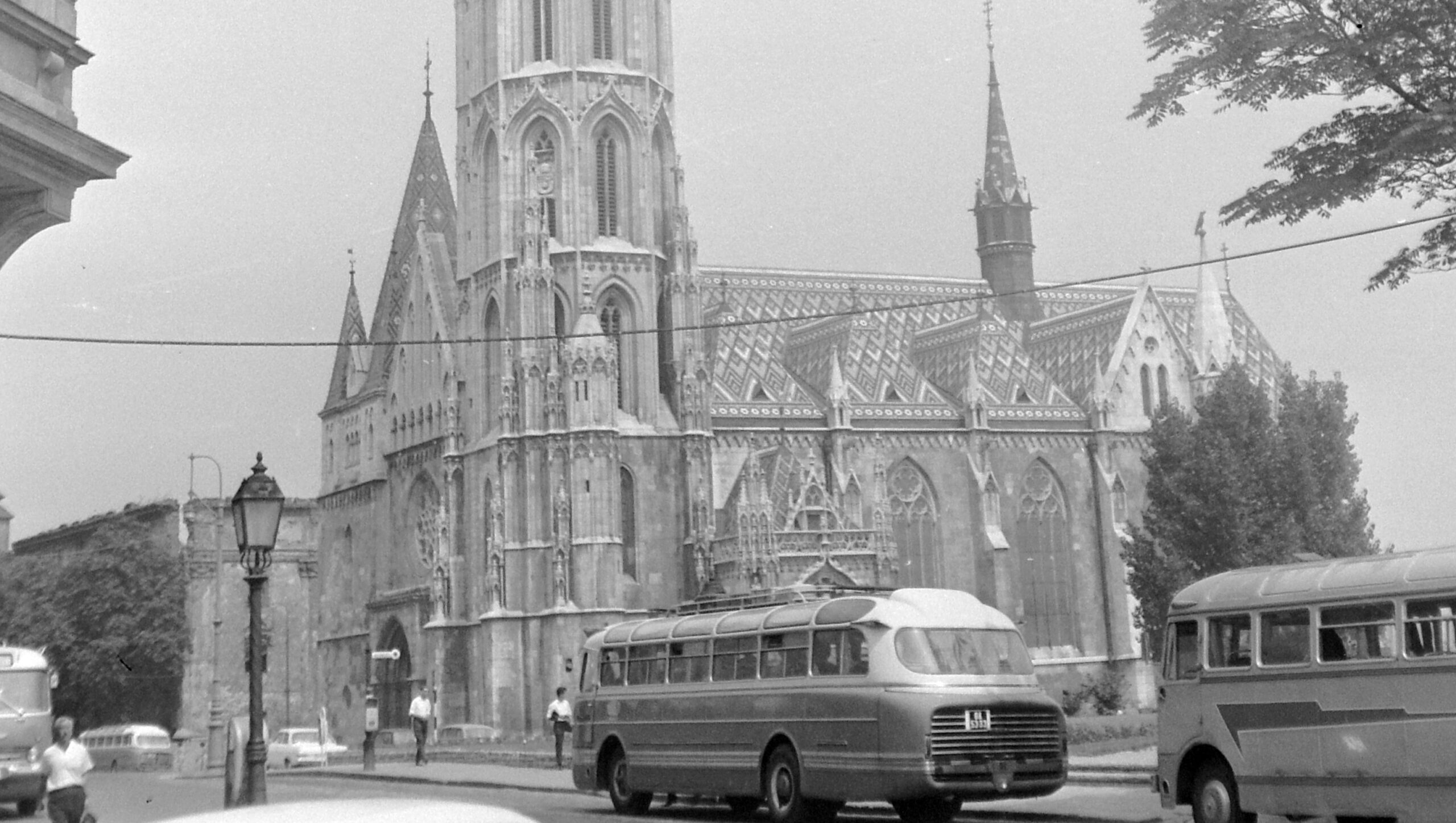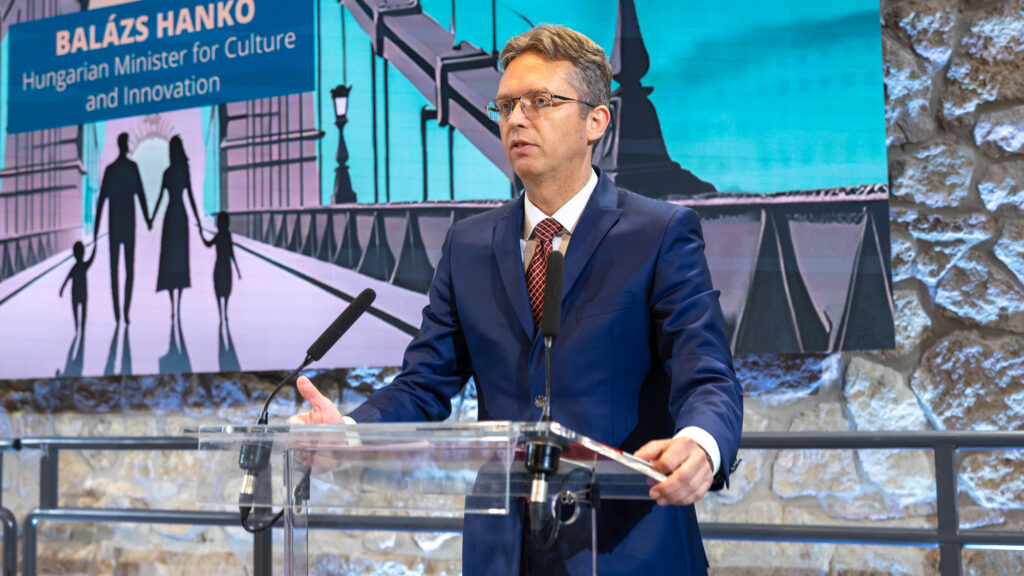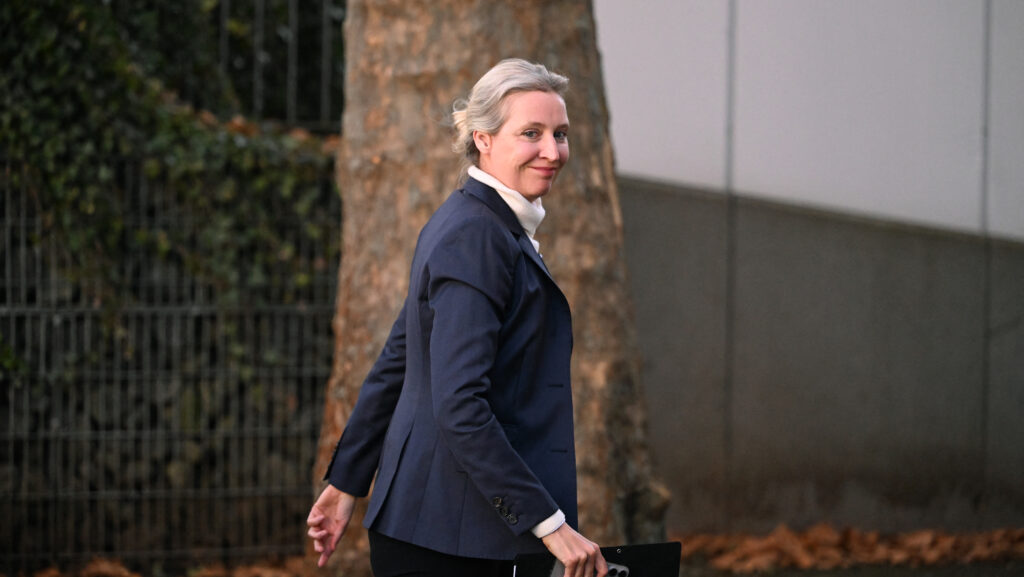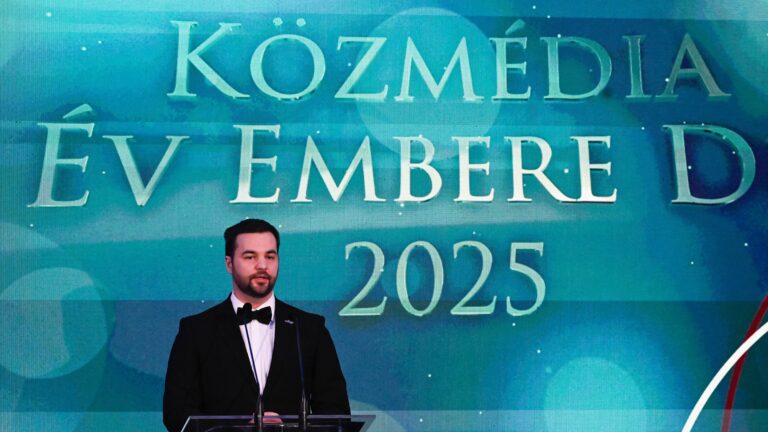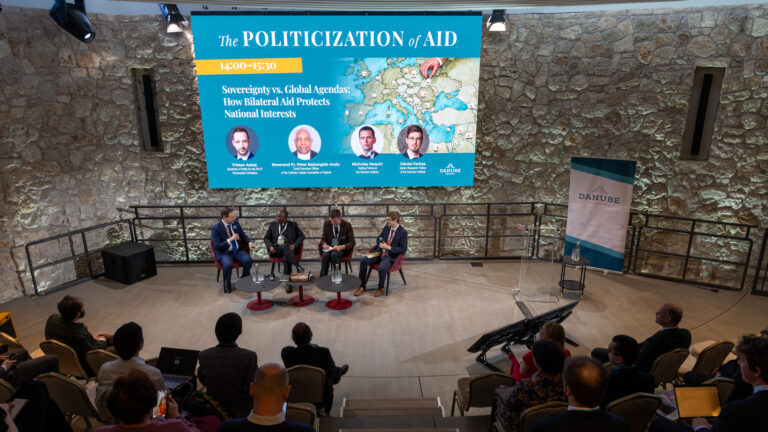This article explores how Catholic Priests Zoltán Liska and János Tóth navigated faith, pastoral work, and moral courage while under intense surveillance and harassment by Hungary’s communist state security. The agent codenamed ‘Faragó’ began attending the Matthias Church in the Buda Castle District in the spring of 1957, where Liska was the parish priest at first, followed by Tóth.
At first, ‘Faragó’ only reported general observations, such as: at the Easter High Mass there were 1,000–1,200 people, half women and half men, 70 per cent intellectuals, and 30 per cent ‘workers and peasants from all parts of the city, who generally visit the Castle on such occasions.’ At this point, the agent was still bolder; the reader can almost see the case officer’s questions, to which he gave rather tart replies: The parish priest’s speech ‘was a short sermon…I sensed no political undertone in it. It was an appreciation of the significance of Easter in a Christian’s life…At Easter, people who do not attend church regularly usually go…In my opinion, as with Holy Saturday, this was a religious, not a political event. I draw my conclusions from the fact that it has been the same for years.’ The case officer’s superior simply wrote in pen on the report: ‘He must be warned not to lecture us.’
A report also came in about the procession: ‘After the ceremonies, the procession began at about a quarter to eight and ended by eight o’clock. Everything proceeded smoothly within the church walls. The ceremonies were very beautiful. The renewal of the baptismal vows was an impressive sight.’ On this, the handwritten note was: ‘He must be instructed not to write us remarks like the above.’[1]
The ‘Faragó’ who reported on the impressive sight of the procession, however, soon ‘gave way’ to an entirely different ‘Faragó’, who, without batting an eye, submitted reports on parish priest Zoltán Liska. In the spring of 1960, he reported the words of Liska’s sermons to Subdivision V/c of the Political Investigation Department of the Budapest Police Headquarters:
‘Today, religious instruction is almost impossible. What exists in the churches is just enough for the basic notions. Serious catechesis is not possible. I ask, where are the godparents? They are the ones who promised God to care for the child’s soul. We priests today have our hands tied, the radio and the propaganda machine destroy our authority, we no longer have any authority, we cannot do everything.’ At another time: ‘Subjects of the state are obliged to obey their leaders, even if there is a Nero on the throne.’
The case officer’s note made it clear that the focus would now be on Father Liska: ‘The person of Zoltán Liska, chaplain serving at the Castle parish, has for some time been of interest to the state security organs. On the basis of the agent’s report, it can be established that he continues to try to extend religious life, using the existing framework and occasionally overstepping it. The wording of his speeches violates the agreement between church and state.’
It is beyond doubt that the priest’s messages sometimes encouraged his faithful toward active, courageous ways of keeping strong Christianity forced underground. ‘And if we are faced with a situation where we are asked whether I go to church, or whether my child attends religious instruction, or anything else that is a sensitive question that would force me to deny my faith, then one must evade—give an evasive answer. This is not a lie, and not a sin!’
‘Subjects of the state are obliged to obey their leaders, even if there is a Nero on the throne’
According to the case officer’s assessment, ‘Liska very cunningly weaves his anti-state remarks into his sermons.’ The agent’s task thus became to ‘build on the existing relationship, establish a closer connection with Liska, bring up that he is attacked at his workplace because of his faith, ask his advice, and observe which young people go to him.’
One of the young people soon let slip to the agent that during the summer, he and a few others had vacationed with Liska in a cabin, where the priest did the cooking, they lived a simple life, went on hikes, and held spiritual exercises. The case officer pounced on this, considering it ‘illegal activity’. The agent also learned that Liska had once been a scout leader and that ‘many of his former pupils became priests under his influence.’ These reports largely coincided with the great wave of arrests in February 1961, when nearly 70 Hungarian Catholic priests were taken into custody. Liska was spared, but he allegedly quickly destroyed manuscripts and suspected that ‘cops’ were attending his masses, but he did not suspect the agent. What was, however, recorded as ‘hostile activity’ was that he organized a ‘prayer campaign’ for Father Alajos Werner, who had been arrested and was in poor health.
The ‘compromising’ quotations intended to incriminate him kept piling up over the months. According to Liska: ‘It is a shame and a disgrace that priests are accused of homosexuality. Just like in Hitler’s time…Satan rules the world.’ In his view, anyone who was a Communist party member ‘is in the hands of the devil.’ Liska also told the agent that America would soon ‘wipe out’ the socialist countries, and therefore everyone should stock up on flour, sugar, soap, canned goods, and medicine—although he was not afraid of nuclear war. By August 1961, the conclusion was reached that a special surveillance file should be opened on Liska.
Nothing was sacred to the case officers, who ruthlessly instructed the agent to go to confession with Liska in order to gain his trust, and even to take his foster son to him so that the priest would deal with the boy, the aim again being to worm his way closer to the priest. By this point, the goal was to set up criminal proceedings against the clergyman. For this, the agent had to bring up that the boy was interested in the priestly vocation, and he had to persuade his father-in-law to pressure the boy’s mother—that is, the agent’s own wife—to take the child to the priest. The father-in-law liked the idea and went along with it. This, of course, was illegal at the time.
Meanwhile, state security discovered that Father Liska’s summer house was in the village of Börzsönyliget in Northern Hungary, and so the cottage was placed under surveillance by plainclothes officers, and they wanted to install a so-called ‘spark’ (transmitter) there. ‘Liska travelled to his house in Börzsönyliget, which we confirmed, because we saw him among two young companions at the house,’ one case officer’s note recorded in the winter of 61. Soon, special measure 3/f (documentary photography) was introduced to monitor the priest’s movements.
‘The agent also learned that Liska had once been a scout leader’
Religious instruction classes were seen by state security as particularly dangerous. Sometimes as many as 50 young people gathered at Liska’s lessons. ‘The parents adore him…The number of people and children attending his catechism classes is steadily increasing. Through his speeches, his mass influence is becoming an ever more frequent topic of conversation.’ It was even considered whether to recruit one of the schoolchildren, whose parents had just divorced and who was struggling with other problems as well. The matter, however, resolved itself in a way: in October 1963, Liska was reassigned, and thus he no longer dealt with young people. About his successor, Father János Tóth, Liska said that ‘my legacy is in good hands’, or so the agent reported.
Yet even after his departure, they did not ‘let go’ of Liska: the task of ‘Faragó’ remained to ‘find out to whom Liska goes for family pastoral care, and what his current role is in the Castle.’ Meanwhile, Tóth also came under surveillance, his cover name as a target being ‘Bernáth’. Far less material, however, was gathered on him than on Liska. What does seem certain is that the priest organized special collections because of the parish’s ‘strained financial situation’, and his sermons also contained ‘problematic’ passages—though this was hardly surprising, since finding such quotes was the point of monitoring him in the first place.
On one occasion, the priest spoke about the ‘decadent great powers’, apparently including the Soviet Union among them; on another, he declared: ‘Christ always has time for every person, not just for a single moment. Which party secretary general or head of state in the world has even one minute for one person from among his own people?’ The word party secretary general was underlined, and next to it was handwritten: ‘Veiled incitement.’
Elsewhere, the priest cited as examples of agents of ‘violence and strife’ not only the Nazis but also the Soviet writer Ilya Ehrenburg, who, he said, had declared that ‘you should kill Germans even in their mothers’ wombs.’ ‘In his sermon, Father Tóth compared the killings carried out by German fascism to those committed under socialism’—so read the case officer’s assessment.
The agent managed to gain the priest’s trust and was even a guest at his apartment, from where he reported that a large portrait of Emperor Franz Joseph hung on the wall. The last report on Tóth available in the agent’s work file is from November 1966, stating that the priest organized a church music choir competition at the Matthias Church despite a ban. From other sources, we know that Father Tóth repeatedly clashed with the State Office for Church Affairs and with the Interior Ministry.
The story of ‘Faragó’ highlights not only the activities of state security against the Catholic community in the Buda Castle District, but also how deeply the case officers could drag a cooperating agent down: the ‘Faragó’ who once wrote about the beauty of a Catholic procession, after just a few years of ‘conditioning’, was already using his own foster son at the command of the Marxist-atheist regime. At the same time, Father Liska stands as an example of the results that steadfast faith and tenacious spiritual resistance could achieve even in the dark years of repression, amid the Kádár regime’s anti-church crackdowns.
[1] For all quotes, see the files: Állambiztonsági Szolgálatok Történeti Levéltára, 3.1.2. M-33124. and 3.1.2. M-33124/1.
Related articles:

